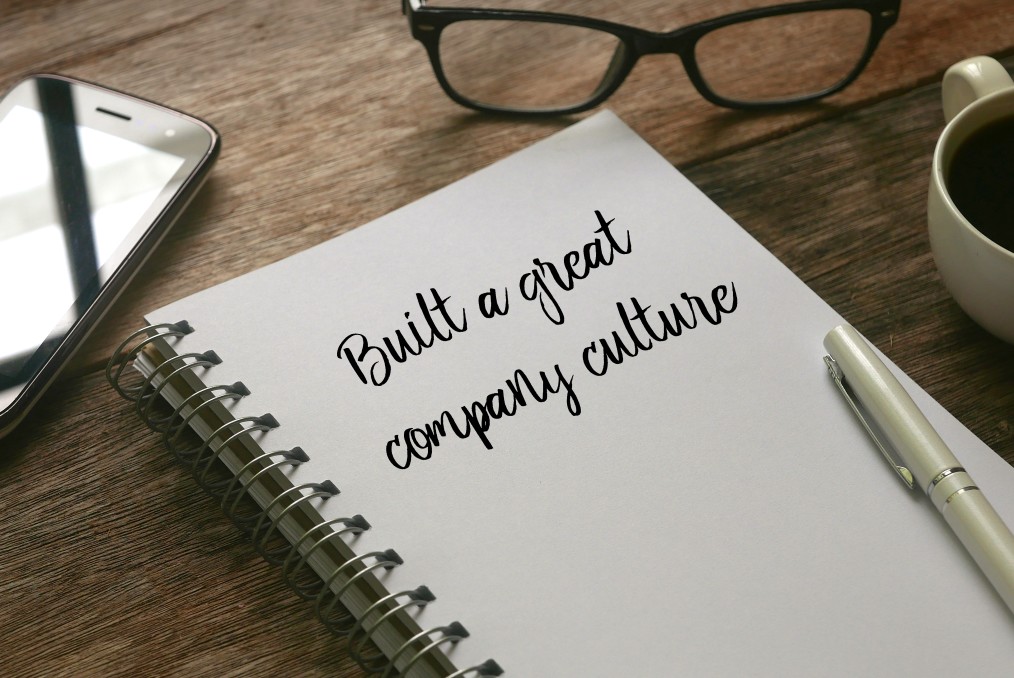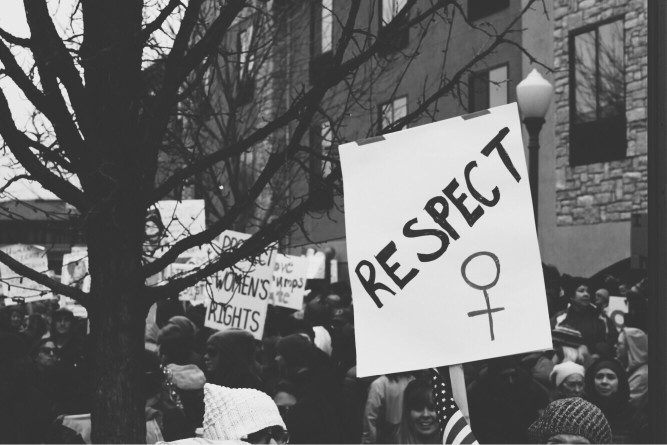Written By: Poorvi Gupta
Culture is integral to our society and every section of society has a distinct culture, sometimes similar to others and sometimes different but always unique. One can think of culture as a series of cultural cues or practices that a group of people conform to and perpetuate (through their actions) in a given space or time boundary. The challenging thing about culture is that often it is amorphous and cannot be codified.
Given that culture exists and is different in every space that a person may occupy through life – for example, rules and culture at home might be completely at odds with workplace culture or religious culture. However a company’s culture need not be as amorphous as that of society as a whole. It is possible to codify and create a company culture that reinforces positive and inclusive behaviour, which then can go a long way towards mitigating sexual harassment incidents.
A company’s culture depends on everything including the social behaviour of the people that work in it and own it, the fundamentals that the company’s top management inculcates in its operation and the unspoken values propagated within its work environment. Culture in the corporate world is like air – it exists inconspicuously and this, is sometimes, what allows a culture of harassment to perpetuate.
The average corporate workplace culture today is a culture that has long abetted toxic masculinity, workplace harassment, disturbing power dynamics and bias. It is important that we move towards a building a culture that is as much about empathy as it is about efficiency.
Why Is Culture Important

Why focus on culture? Surely the presence of a law is enough or a code of conduct at the workplace?
Unfortunately, while a code of conduct or even compliance with law is important, these are what are called necessary conditions not sufficient conditions. So while a law or a code of conduct support grievance redressal or help check compliance boxes, they do little to actually address the root causes of sexual harassment at workplace. What really solves the issue is a behavioural acceptance from personnel that some kinds of behaviour are wrong.
If a company doesn’t have a culture that allows calling out casual sexism or normalizes sexual abuse at workplace, etc., then the purpose of having a law too is defeated. While the #MeToo movement puts the spotlight on survivors of sexual abuse at workplace, it also is a call for workplace reform centered around culture.
Despite the fact that many survivors of sexual abuse spoke up in great detail about how they were harassed, perpetrators were ‘discreetly’ asked to keep a low-profile for a few months until the buzz died down. Many accused were simply re-integrated into the workplace once all the talk died-down. One of the major reasons for this has been workplace cultures tolerant of misogyny and sexual harassment.
Culture Abets Harassment
Swati Yadav, a resident of New Delhi, who works at an MNC, shares that her former manager once asked her to come for a travel assignment with him which she declined because she found it unnecessary for her to be on that trip. “After that, I was struck off from the work I was good at and given other menial work. Six months into that job and dipping performance at work with no possible growth in the near future, I knew that my time had come in that company. I basically lost my job because I didn’t act according to the whims and fancies of my manager of the time” she says.
In the judiciary too, sexual harassment is rampant, says lawyer Sunita Bhardwaj, she said “Sexual harassment, sexist remarks, toxic masculinity, etc. is very common in court premises. While we do have guidelines and a redressal mechanism, workplace culture isn’t streamlined. Everybody has to display a culture of self-discipline and even the lawyers and judges come from a certain cultural backgrounds…”
What is even worse is that sexual harassment within judicial spaces is so normalized that if young women freshly entering the industry need to get a kickstart, they will have to decide between working under a senior lawyer (mostly men) and be subjected to harassment or practice independently. It is hard to make that choice, adds Bhardwaj.
She further adds, “This is the reason I never worked with any senior at the beginning of my career almost three decades ago. We happen to speak with so many senior lawyers during our work and even in those conversations when we’re thinking that we’re learning something, male senior lawyers try to take (sexual) liberty. In such circumstances, it then becomes our responsibility to walk on eggshells and make our discomfort apparent.”
Creating A Culture That Safeguards Against Harassment
Elsa Marie D’Silva, the founder of Red Dot Foundation, a non-profit which provides workshops and training to corporates in gender sensitivity and Prevention Of Sexual Harassment (PoSH), says that in an organization, the tone is set top-down. “The leader or the founder or the management has a certain value system or an ethos and that filters down and it reflects in who they hire, the policies they create and their company culture,” she says.
Bhardwaj sheds light on how misogynistic and sexist comments are made in court chambers and premises but because of “culture of tolerating such behavior is prevalent,” no one can do anything about it. This is an example of a failure top-down.
Bhardwaj believes that this culture can be set right with having more women lawyers in the court premises. “The ratio between male lawyers versus women lawyers continues to be great because of various gender biases and discriminating circumstances. That’s why men in senior position think they can get away with misogynistic behaviour. If we encourage women to not just aspire for a career in law but facilitate growth to higher ranks in this career as well, only then we will be able to see a progressive culture,” says Bhardwaj.
She adds that women lawyers also need to band together and fight for each other’s cause to counter sexual harassment at workplace in an effective manner. “Currently, cases of sexual harassment that happen in the judiciary barely make it to news because of the power nexus between senior judges, lawyers, politicians and police. Media needs to be more forthcoming in taking up these cases and giving them their due space in the public narrative,” Bhardwaj noted.

Here are some suggestions on how to build respect, trust and safe cultures:
1. Consider codifying and displaying company values specifying mutual respect, empathy and active listening as core values in the workplace.
2. Consider training staff on soft skills which include these core values.
3. Make employees read and sign a code of conduct that operates and governs working dynamics along with, and as a part of, an employee contract.
4. Make leadership address issues of culture regularly at the workplace.
5. Visibly penalise bad behaviour and reward good culture.
6. Leaders of organizations must be aware of their unconscious biases, and make serious attempt to correct these and set the tone for their organization.
7. The number of employees in a company should not be a criterion for a company to introduce women’s safety policies. All organisational boards must insist on setting up policies including those that prevent sexual harassment.
8. Every individual has a role to play to ensure safe workspaces and as such every employee must proactively ask and be made aware of PoSH policies.
It seems evident then, that the biggest variable that a company can control and influence is a culture of respect. In organisations where respect towards each other, is at the core, of human relationships we find that cultures are also automatically safer.
About the Author: Poorvi Gupta is a freelance journalist working in the gender space. She is mostly optimistic about the progress women are making in male-dominated spaces and feels passionately about women speaking up at the workplace or in public spaces battling intersectional odds.
Ungender Insights is the product of our learning from advisory work at Ungender. Our team specializes in advising workplaces on workplace diversity and inclusion. Write to us at contact@ungender.in to understand how we can partner with your organization to build a more inclusive workplace.










